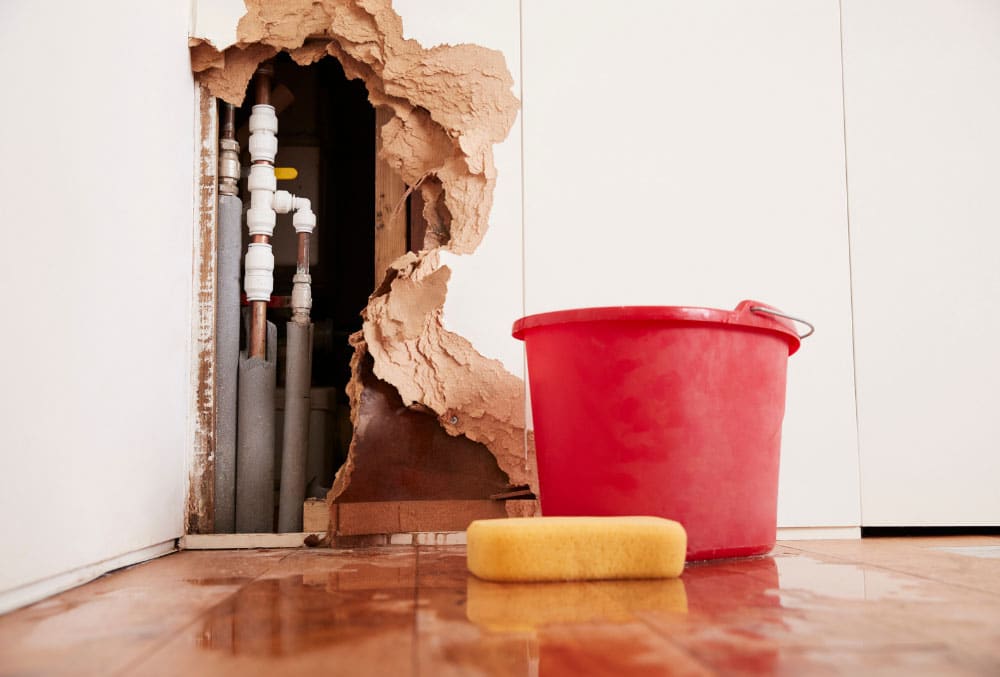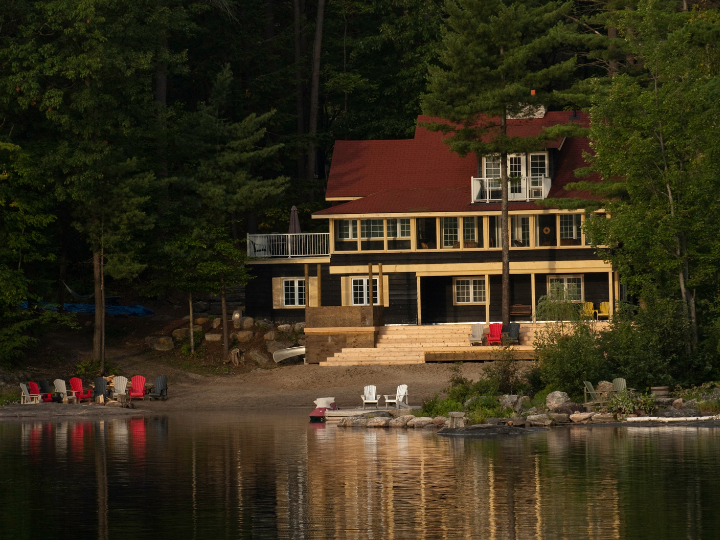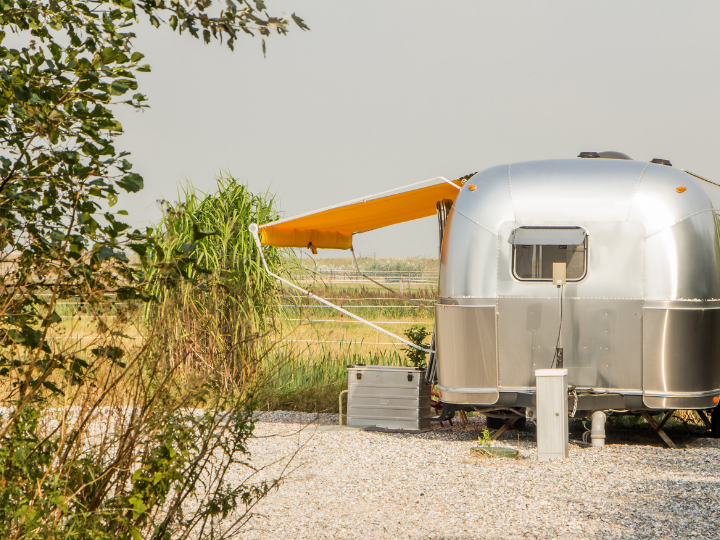What to Do When You Have a Burst Pipe in Your Home
March, 09 2022
As a homeowner, you may be familiar with all the ways water can enter your home. For example, the backing up of a sewer, sump pump, an ice dam, or a burst water pipe can take place. But would you know how to handle things if something like this happened to you? Luckily, we got you covered. Keep reading for what to do if you have a pipe burst in your home and how to go through the claim process on your home insurance in Ontario.
What Does Home Insurance Cover?
Before we discuss what to do in the event of a water loss, you must first understand what your home insurance policy will cover. Not all water losses are created equal, and some are excluded explicitly by home insurance companies. So, what will insurance cover? In general, home insurance will cover water losses if the water source is from inside the home and occurs suddenly or accidentally. The following are events that your homeowners’ insurer will typically cover:
- Rain or snowstorm
- Water from attempting to put out a fire
- Roof leak
- Accidental overflow of an appliance (such as a toilet, sink, washing machine, etc.)
- Vandalism
- Plumbing issues- freezing, bursting, accidental overflow
As far as what your home insurance company will not cover, it is typically things that are either not accidental or can be covered on another policy:
- Flooding
- Pipes that were not maintained and backed up as a result
- Groundwater seepage
Also, most home insurers will not cover the backup of sewer, drains, or sump pump without a special endorsement added to the policy. Your insurance agent should be able to walk you through what you need on your policy to ensure you are fully protected.
Are Burst Pipes Covered?
Given the list mentioned above, burst pipes would appear to be covered under a homeowners’ policy. This is true, but with some stipulations. First, the pipe burst would have to be sudden and accidental, meaning that it was not due to a lack of maintenance on the part of the homeowner. If the water loss is found to be due to the insured’s failure to maintain the system, any damage would not be covered. Secondly, there is no coverage for the appliance itself from which the damage occurred. However, the damage caused by the burst pipe would be covered. Lastly, mold damage resulting from water is generally not something that would be covered. Therefore, it is critical to correct any water problems as soon as possible to avoid mold from developing.
How Can I Prevent a Burst Pipe?
As the old adage states, an ounce of prevention is worth a pound of cure. The best way to protect your home from water damage is to prevent it from happening in the first place. Be sure to regularly maintain all your major home systems and routinely check for any problems. Many smart home devices on the market nowadays will alert homeowners when a leak is detected. In many cases, they notify the homeowner with an alarm or app notification within twenty seconds of a potential leak. This would allow homeowners to correct any concerns before turning them into more significant issues. Insurance companies are starting to offer discounts for insureds who have these devices installed, which could overall save you money on your insurance!
What Do I Do When a Pipe Bursts?
But despite one’s best efforts, sometimes these things can happen. Hence, what should you do when a pipe bursts? First and foremost, you should prevent any further damage from occurring. This includes shutting off the main water line, moving any items that could be damaged away from the water source, and cleaning up any excess water. Once the water is shut off, run the faucets and flush the toilets to drain additional excess water from the pipes. Open your windows and set up a dehumidifier or fan to help with drying. If there is too much water, you will want to call a water mitigation professional to help soak up as much water as possible. If a carpet was involved, it might need to be ripped up due to the water. Moreover, be sure to save all receipts for your insurance company, if necessary.
Next, assess the damage. If the burst pipe caused significant damage and you believe it will exceed your homeowners’ insurance deductible, you can start to take inventory of what got damaged. Take photos, if possible, and call your insurance company to report the claim. They will usually walk you through what else you need to do, but calling a plumber is an excellent next step.
Since plumbers can be backed up (no pun intended) for weeks, feel free to call around. The sooner you can get someone to come out and fix the issue, the better. But it is imperative to confirm whatever plumber you hire is professionally licensed and insured, to ensure the pipe is repaired correctly. Some insurance companies may require you to prove that the pipe was repaired, so save any invoices or receipts for your file.
Lastly, it is a good idea after any claim to discuss coverages with your insurance agent or company to confirm you have the appropriate coverage for any potential losses in the future. Claims are not the best time to find out you do not have the coverage you need. Since you have just gone through a claim, you will better understand your specific needs, and your agent can help confirm your insurance will meet those needs.
Final Thoughts
According to a Canadian Underwriter article, water claims account for almost 40% of all homeowners’ claims in Canada. With this statistic, it is critical for homeowners to understand what they are covered for on their homeowners’ insurance. The best way to ensure you are adequately protected is by talking to professionals. Duliban Insurance Brokers have been in business and helping their community with their insurance needs for over forty years. They are licensed and ready to help. Email or call them today for a quote!












